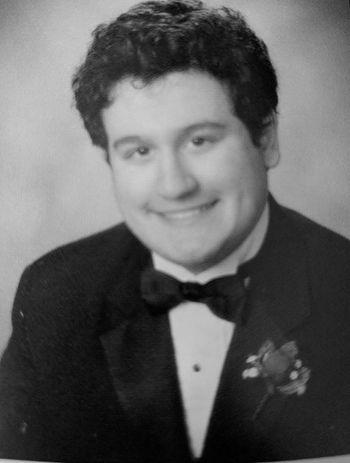Princeton students complain they 'did not feel included' in decision to invite Marshawn Lynch
Students complained that they were left out of the decision-making process, despite 40 class members being on the committee.
Anonymous students penned a letter directed at the University's Class Day selection Committee over selecting Marshawn Lynch as a speaker for the event.
Princeton students are criticizing the decision to host National Football League Running Back Marshawn Lynch as a speaker for Class Day.
A group of Princeton University students, who were granted anonymity by student paper The Daily Princetonian, penned an op-ed titled “Reforming the Class Day speaker selection process: Open letter to the Class Day Co-Chairs,” raising concerns about how the school had selected Lynch as the speaker, and calling it “opaque.”
While they acknowledge Lynch’s philanthropic efforts since retiring from the NFL, the students express that the class felt disappointed by the announcement because they “did not feel included in the process by which this speaker was nominated and finally selected.”
The students expressed concern that the committee allegedly did not seek student feedback from the student body about the speaker, calling the decision reflective of “foundational issues in the selection process.”
“We feel that the selection committee did not represent a broad enough range of perspectives and did not try to compensate for this by notifying the senior class of intermediate steps in the selection process,” the students wrote.
The students suggested that the university should seek feedback from the senior class about who the speaker should be, just as it allegedly did with the Class Day jacket.
“Just one such round of feedback would give all seniors a chance to have a say in selecting the speaker, will mitigate disappointment and surprise when the committee announces the final speaker, and will better reflect the interests of the graduating class,” the authors wrote.
The students also expressed concern with Lynch’s infamous 2015 Super Bowl media day comment, when he told reporters “I’m just here so I won’t get fined.”
“With no other frame of reference, such reports caused confusion over the set of criteria that led to his nomination,” the authors wrote.
[RELATED: Law students storm out of ‘purely legalistic’ DACA discussion]
Campus Reform reached out to Princeton University and student organizations for reaction to the letter but did not receive a response in time for publication. Campus Reform obtained a copy of a statement from the Class Day Co-Chairs to the rest of the class, with a defense explaining that the class government had solicited applications from the student body for them to be on the committee.
“This group consists of 40 members of our class,” the co-chairs wrote. “serving to facilitate the coordination of dozens of campus partners who make our three-day graduation possible.”
The statement states that the recruitment process is complicated and it relies heavily on the speaker’s “willingness to visit Princeton.” In addition, the co-chairs expressed concerns that, if the committee relied on a public list, it would create large logistic challenges on narrowing down a speaker for the event such as questions about if the speaker was uninterested or if the date was conflicting.
“Instead, the current Class Day committee process involves the intentional consideration of the shared values between the speaker and the senior class, and then extended an invitation that we hope will be accepted, as we did with Marshawn Lynch,” the leaders explained.
[RELATED: Striking grad students demanding higher pay just got the opposite]
The leaders claimed that the initial complaint letter shifted the conversation away from the event to the “worthiness” of Lynch to speak on campus.
“In implying that Mr. Lynch’s Values and experiences are not Princeton enough for the Class Day stage, the letter tacitly invalidates the very same values and experiences of our own classmates,” they responded.
Co-chair Caleb Visser sent Campus Reform a statement about the announcement of Marshawn Lynch as a speaker, in which the goal of the committee was listed as being to “invite a speaker who embodies the various experiences we have shared as a community during our Princeton tenure.”
The initial announcement also touched on Lynch’s philanthropic work out of the NFL, including his work at the Fam1st family Foundation, which focuses on the “underserved” youth in Oakland.
The committee expressed that it stands by its selection of Lynch as a speaker and is “thrilled by his acceptance.”
Follow the author of this article on Twitter: @JesseStiller3

